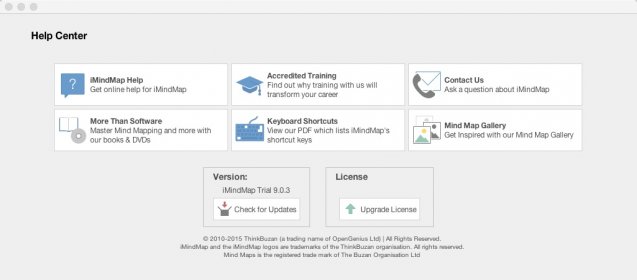



Ireminisce app full#
You'll find Bored Panda's full interview with the professor about the 'super power' that is nostalgia below. Suzanne Degges-White, Ph.D., Licensed Counselor, Professor, and Chair at the Department of Counseling and Higher Education at Northern Illinois University, was kind enough to answer Bored Panda's questions about nostalgia, how much reminiscing is 'too much,' and how we can learn to be more grateful of what we have in the present. Scroll down, upvote your fave pics from the past, and tell us what you miss the most from your childhoods, Pandas! All that’s different is the shape and form, but the spirit remains the same. The things we miss are, at their core, the same. However, it doesn’t matter if you were born in the ‘50s, ‘60s, ‘70s, ‘80s, ‘90s (hello there!), 2000s, or even the 2010s: nostalgia for our childhoods/the best years of our lives unites us all. Most of the stuff featured here is from the past few decades, and it's reminded us to get back to work on our Time Machine. A social media project with a following of over 115.6k internet users, the account shares nostalgic photos of products, toys, and content that remind you of what the (recent) past was like. That’s where the ‘Pics that make you reminisce’ Twitter page comes in. Or maybe we were all just a tad more naive.
Ireminisce app archive#
The BBC Reminiscence Archive (or RemArc) was developed by the BBC, Dundee University and University of St Andrews, and built by Atos as a tool to support people with dementia and carers.The holds a special significance for many of us and probably many of: it was (arguably) a better time, the people were friendlier, life was simpler, and the future seemed far brighter. The BBC wants to contribute to this growing set of supports for people with dementia and their carers by drawing on the enormous fund of photos, videos, and sound clips in its archives.įor more information about dementia, please visit The Alzheimer’s Society or Alzheimer Scotland or bbc.co.uk/dementia Tapping into long-term memory can make it possible once again for them to enjoy interacting with others, through their stories.Ī number of reminiscence systems have been developed for people with dementia, based on photographs, photo books, boxes of objects and materials and interactive computer applications. It is often the case that long-term memory can still function when the person’s working (short-term) memory is degraded. The principle of reminiscence therapy is to assist people who have dementia to interact and converse in a natural way by stimulating their long-term memory with material from the past. This archive provides access to a selection of content from the BBC Archives, designed to support reminiscence therapy. To use the application, you must enable JavaScript in your browser. RemArc Your browser currently has JavaScript disabled.


 0 kommentar(er)
0 kommentar(er)
